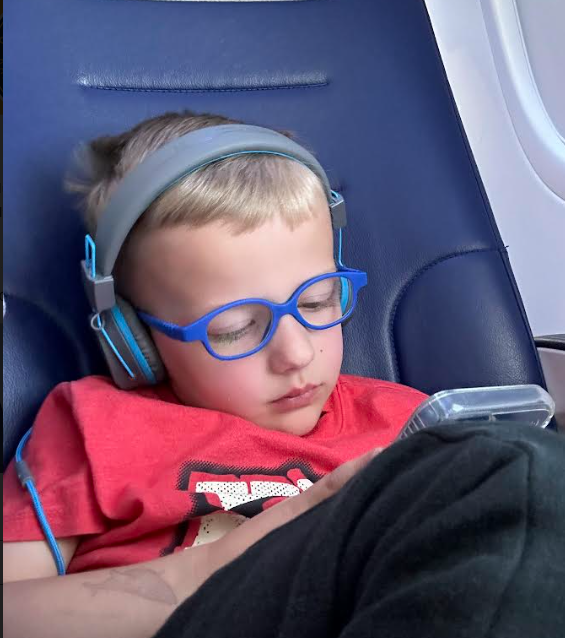story by Lauren Langdon, photos by Adrianna Ohmes
*Katie Smith’s name has been changed to protect her identity due to an ongoing rape case.
Aug. 11, 2012 – two high school football players, Trent Mays and Ma’lik Richmond, raped a 16 year-old girl in Steubenville, Ohio.
Jan. 8, 2012 – Matthew Barnett allegedly raped Daisy Coleman as Jordan Zech recorded a video of the incident in Maryville. An unnamed minor raped Paige Parkhurst the same night.
Since before 2006, the Metropolitan Organization to Counter Sexual Assault (MOCSA) has taught STA sophomores how to prevent, recognize and handle cases of sexual assault or rape. In addition, they discuss gender stereotypes, sexual harassment and dating violence in four daylong seminars held in the Windmoor Center during both lunch activities.
According to MOCSA representative of three years Cheyenne Clonch, the message of MOCSA has remained the same over the last few years, but they update their CDC statistics in their presentations and add new more relevant examples.
“Obviously with every case we like to talk about it a little bit more and make sure the students are aware that this is happening in their community and those cases give us specific examples to work from which are more powerful than just general,” MOCSA education and outreach specialist Keith Bradley said.
On the fourth day of the seminar the girls were shown the documentary “The Undetected Rapist” which depicts a re-enactment of an interview between Dr. David Lisak and a rapist referred to as Frank.
“That guy in the video, ‘Frank,’ if I tell him not to rape somebody he is not going to listen to me, but if I get everyone around to tell him that, that’s going to make a difference,” Bradley said. “So we talk more about bystander intervention in light of these cases.”
“I definitely think the importance [of MOCSA] has grown because what MOCSA ingrained in everyone’s mind was that the victim can never be blamed,” senior Maggie Bowen said. “No matter what [the victims] say, or how they are dressed or what they have ingested they are completely not to blame so that’s the huge thing in the Maryville case, and I just cannot fathom how it still is being debated.”
For sophomore Maureen Havey, the information about what to do if you have been raped like “save all your clothes, don’t take a shower, go to help immediately” was not new.
“I kind of knew all this stuff already because I have had a friend who has gone through sexual assault, like I know what to do and stuff so I guess it is helpful for people who don’t know it,” Havey said.
Even if students did not know about the information previously, they still might not learn anything due to the average group size of 30 students and the environment according to Bowen.
“Everyone is there to joke around and not take it seriously like I was,” Bowen said. “They think they are above that and that nothing like that would ever happen to them and they are too smart to ever be raped or coerced by anything. No one took it seriously and so it’s kind of sad looking back at it. I didn’t get anything out of it; I don’t think anyone really got anything out of it.”
According to personal counselor Amanda Johnson, some students have talked to her about things they learned in MOCSA years later and she believes girls get as much out of the program as they put in.
STA alumna Katie Smith*, believes despite some students’ attitudes in MOCSA the seminar should remain mostly unchanged.
“I think it’s a good grade level to go with sophomores because then you have been in high school for a year and you are starting to get acclimated to the whole high school life,” Smith said. “You have to start at a decent age so you can be educated before different things might happen so you can understand and be aware of what is around you. I do think it should be more stressed though.”
According to sophomore Laura Dierks she already knew about gender stereotypes before the seminar, but other teachings by MOCSA brought the pieces together.
“[MOCSA] gives time for kids to sit down and really be focused on the topics,” Dierks said. “It’s good for people because it’s not something we are all going to research, but it is something we are interested in because it is stuff that is in our lives.”
Although Smith wishes the organization spent less time on topics that did not directly relate to sexual assault she saw the importance of MOCSA when she was allegedly raped.
“I think MOCSA is a really good program,” Smith said. “[MOCSA] should remember when teaching high school girls… never to slut shame, never to victim blame and very strongly instill that in the girls. That is what I was told by MOCSA advocates… and it made me feel a lot better.”






